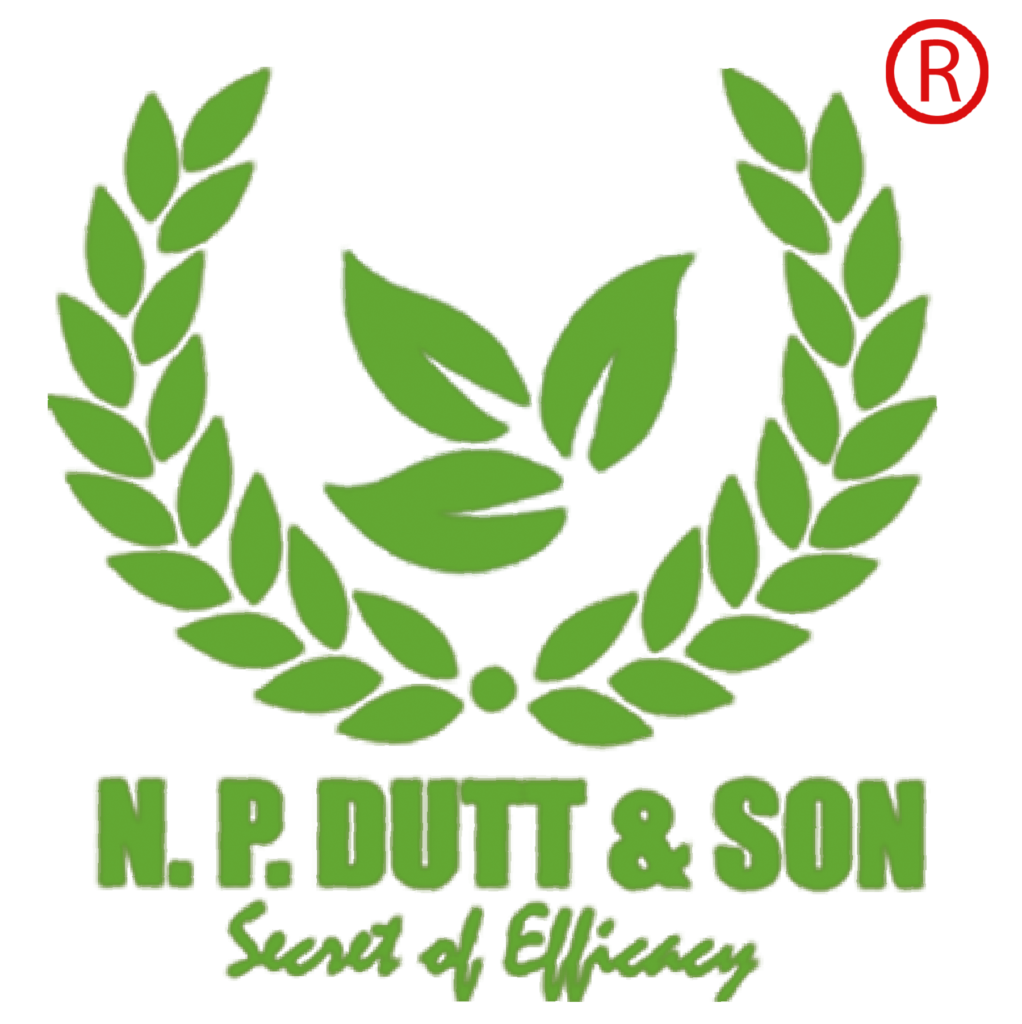-
×
 NP's TULSI VASIKA DROP
1 × ₹65.00
NP's TULSI VASIKA DROP
1 × ₹65.00
Blog
Homeopathic Remedies & Medicine Online
 Homeopathy, founded in the late 18th century by Samuel Hahnemann, is an alternative medicine system. It operates on the principle of “like cures like” (similia similibus curentur), which means a substance that causes symptoms in a healthy person can treat similar symptoms in a sick person. Another core principle, the “law of minimum dose,” suggests that the lower the dose of the medication, the more effective it is.
Homeopathy, founded in the late 18th century by Samuel Hahnemann, is an alternative medicine system. It operates on the principle of “like cures like” (similia similibus curentur), which means a substance that causes symptoms in a healthy person can treat similar symptoms in a sick person. Another core principle, the “law of minimum dose,” suggests that the lower the dose of the medication, the more effective it is.
Principles and Practice
- Law of Similars: A disease can be cured by a substance that produces similar symptoms in healthy individuals. For example, onions cause watery eyes and a runny nose, so Allium cepa, derived from onions, is used to treat colds and hay fever with these symptoms.
- Law of Minimum Dose: Homeopathic remedies are prepared through potentization, which involves serial dilution and vigorous shaking (succussion). This process is believed to transfer the healing essence of the substance to the dilution. Remedies are often diluted to the point where no molecules of the original substance remain, relying on the “memory” of water.
- Individualized Treatment: Homeopathy treats patients based on their unique symptoms and personal health history rather than the disease itself. Two people with the same condition might receive different treatments.
Common Homeopathic Remedies
- Furmed Hair Tonic: Used for hair loss, also called alopecia, which is caused by an interruption in the body’s cycle of hair production.
- Allium cepa: Utilized for colds and allergies, especially with symptoms of watery eyes and a runny nose.
- Nux vomica: Commonly prescribed for digestive disorders, such as nausea, constipation, and indigestion.
- NP’s Rumarth Tablet: Used for conditions involving stiffness and pain, such as arthritis.
- NP’s Calcidef Tablet: Treats calcium deficiency, which affects skin, bones, teeth, heart, kidneys, and other organs, especially in women and children.
- Belladonna: Often used to treat conditions with sudden onset and inflammation, such as fevers and headaches.
- Chamomilla: Known for its effectiveness in treating teething pain in children and irritability.
Controversies and Criticism
Homeopathy faces significant controversy and debate within the medical community. Critics argue that its remedies are no more effective than placebos because of the extreme dilutions involved, which often leave no trace of the original substance. Systematic reviews and meta-analyses have generally found no convincing evidence that homeopathy is more effective than a placebo for any condition.
Acceptance and Usage
Despite the controversy, homeopathy remains popular in many parts of the world. Homeopathic hospitals and practitioners are prevalent, particularly in Europe and India. It is also recognized by various national health systems and covered by some insurance plans.
Conclusion
Homeopathy is a unique medical system with a significant following and a long history. While its principles and efficacy are subjects of debate, it continues to be an important part of complementary and alternative medicine. Those interested in homeopathy should consult with a qualified practitioner and consider existing scientific evidence when making health decisions.


 NP's TULSI VASIKA DROP
NP's TULSI VASIKA DROP 














